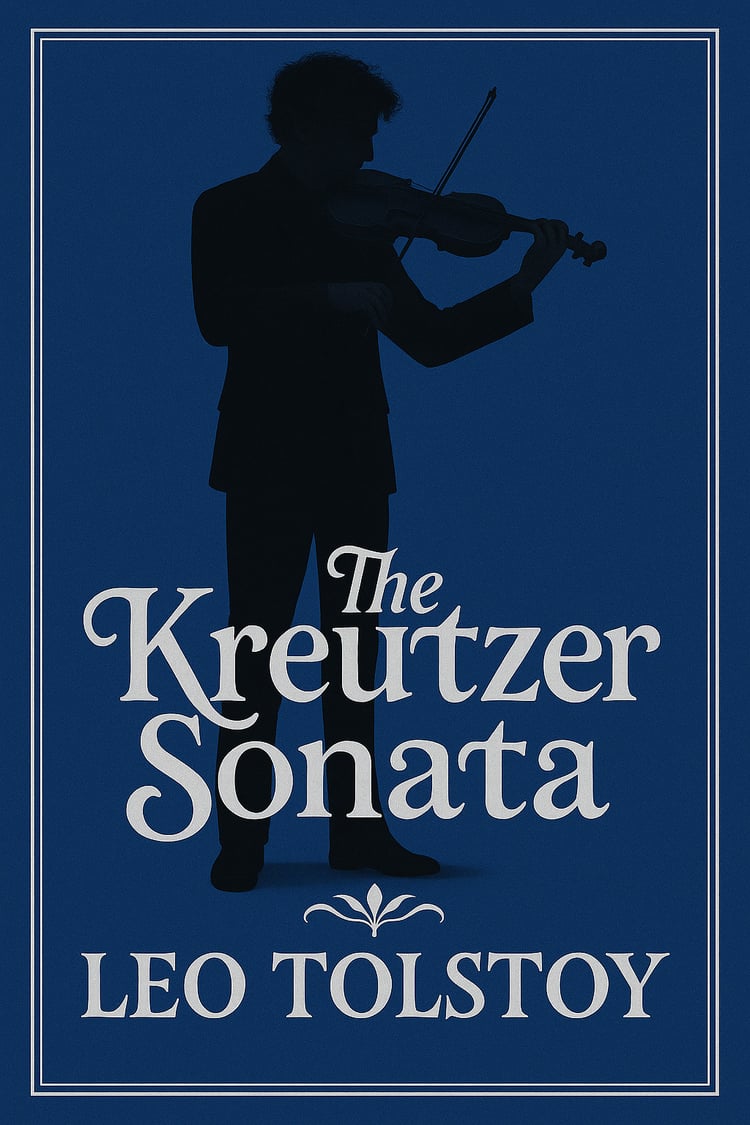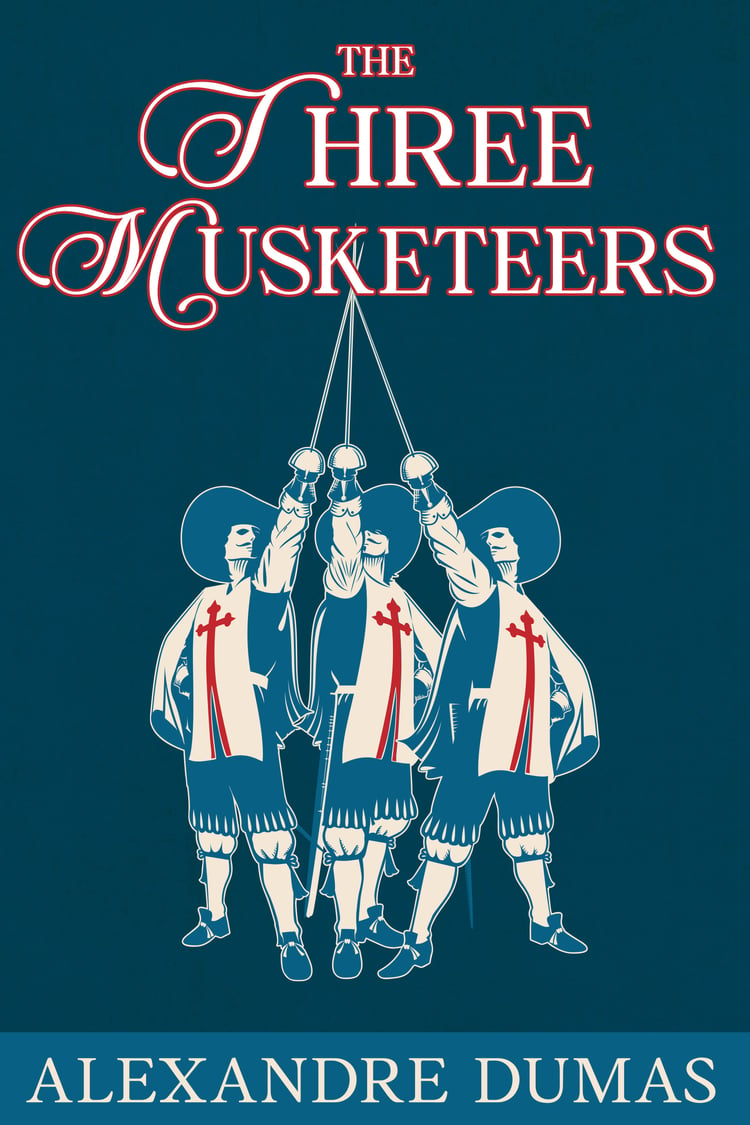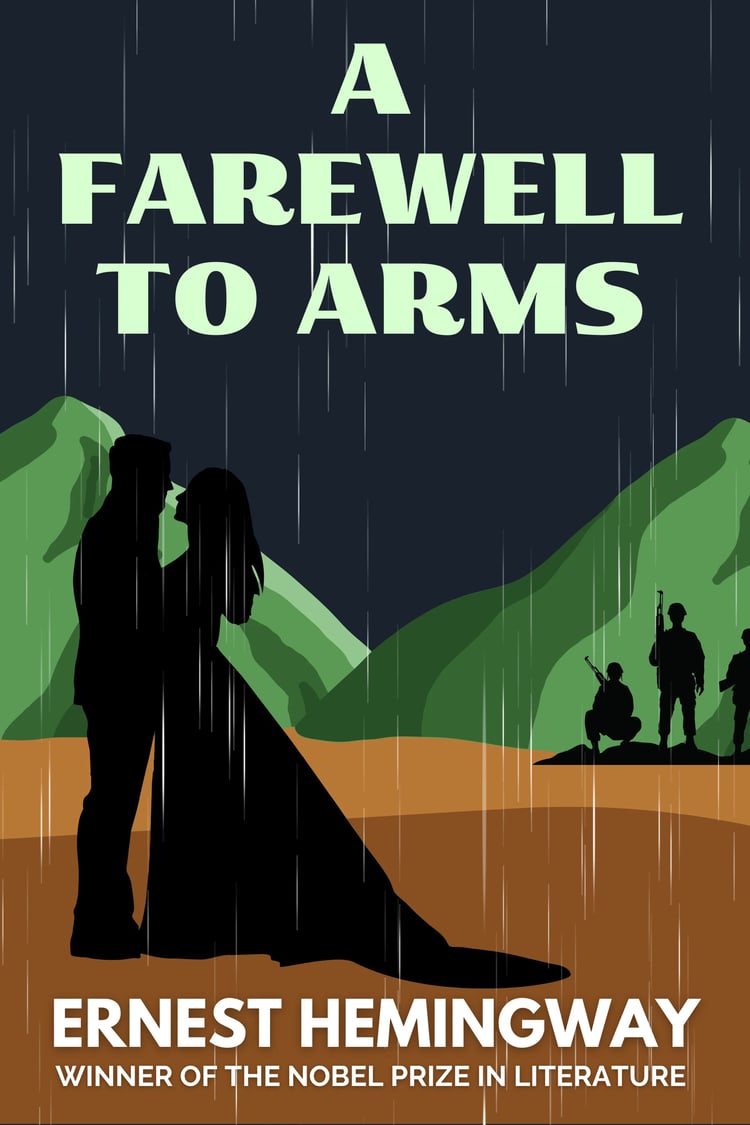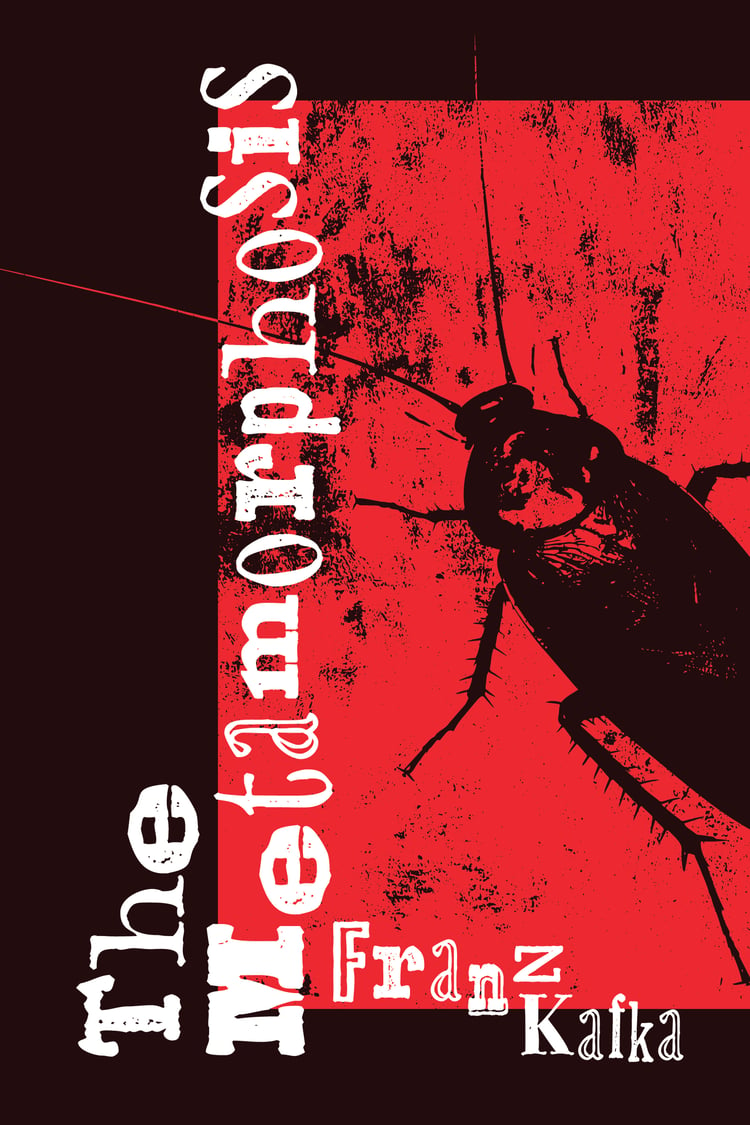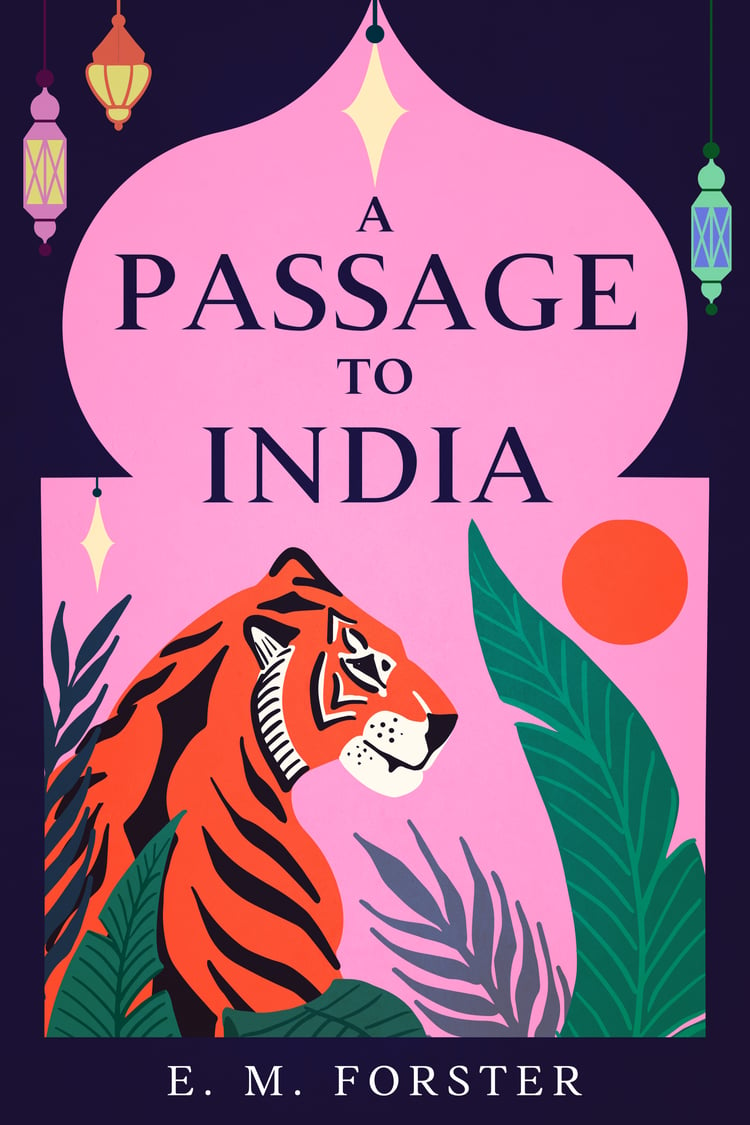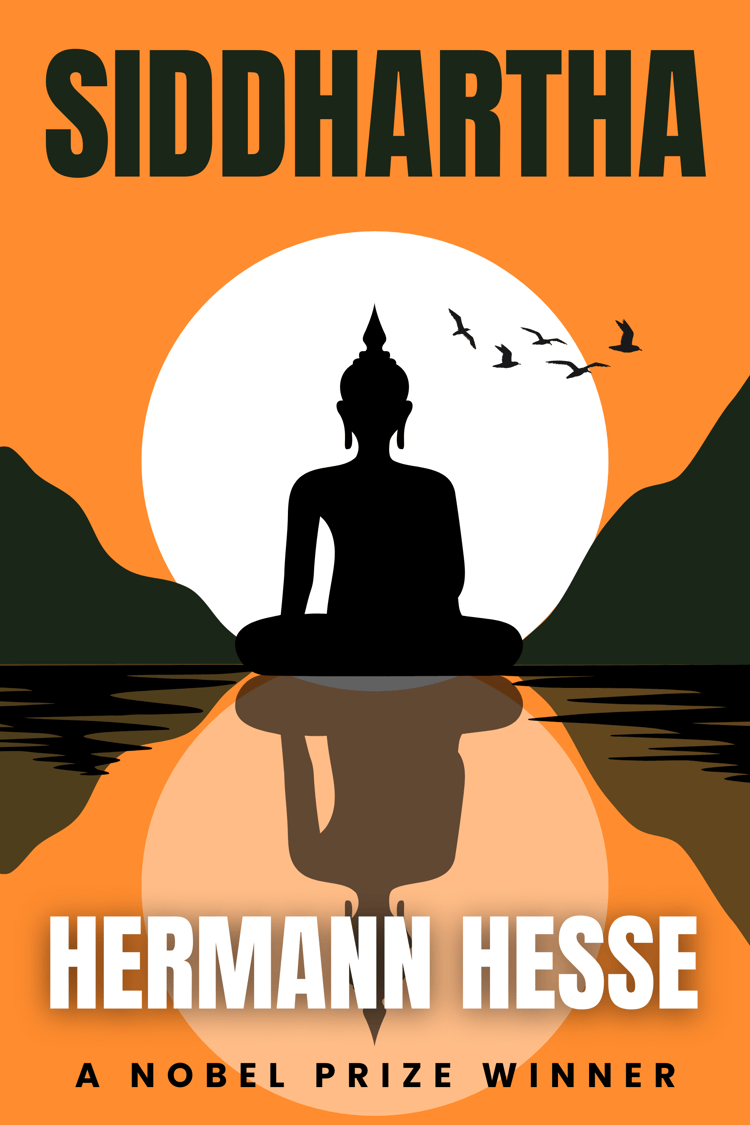
The Voyage Out
Virginia Woolf’s debut novel, The Voyage Out, introduces readers to Rachel Vinrace, a young woman on the brink of self-discovery as she embarks on a voyage from England to South America. What begins as a seemingly leisurely cruise among society’s well-heeled passengers gradually unfolds into a subtle, penetrating exploration of desire, identity, and the confines of social convention. Along the way, Rachel navigates friendships, flirtations, and philosophical awakenings, encountering a world that is both exhilarating and quietly threatening.
Woolf’s prose brims with the lyrical insight and psychological depth that would come to define her later masterpieces. She weaves humor and irony with profound meditations on life, mortality, and the often invisible pressures shaping women’s choices. Every conversation, every glance, becomes a prism through which Woolf examines human folly, ambition, and yearning. The voyage itself becomes a metaphor for the inner journey we all undertake—the delicate balance between freedom and expectation, passion and restraint.
At once a social satire, a coming-of-age story, and a philosophical reflection, The Voyage Out is a remarkable debut that announces the arrival of a singular literary voice. Woolf invites readers not only to travel across continents but also to traverse the complex terrain of the human heart, making the novel as timeless as the questions it quietly poses.
About the author
Virginia Woolf (1882–1941) was one of the most influential writers of the 20th century and a pioneering figure of literary modernism. Her works, including To the Lighthouse and Orlando, are celebrated for their psychological depth and experimental narrative techniques, which continue to inspire readers and writers worldwide.


